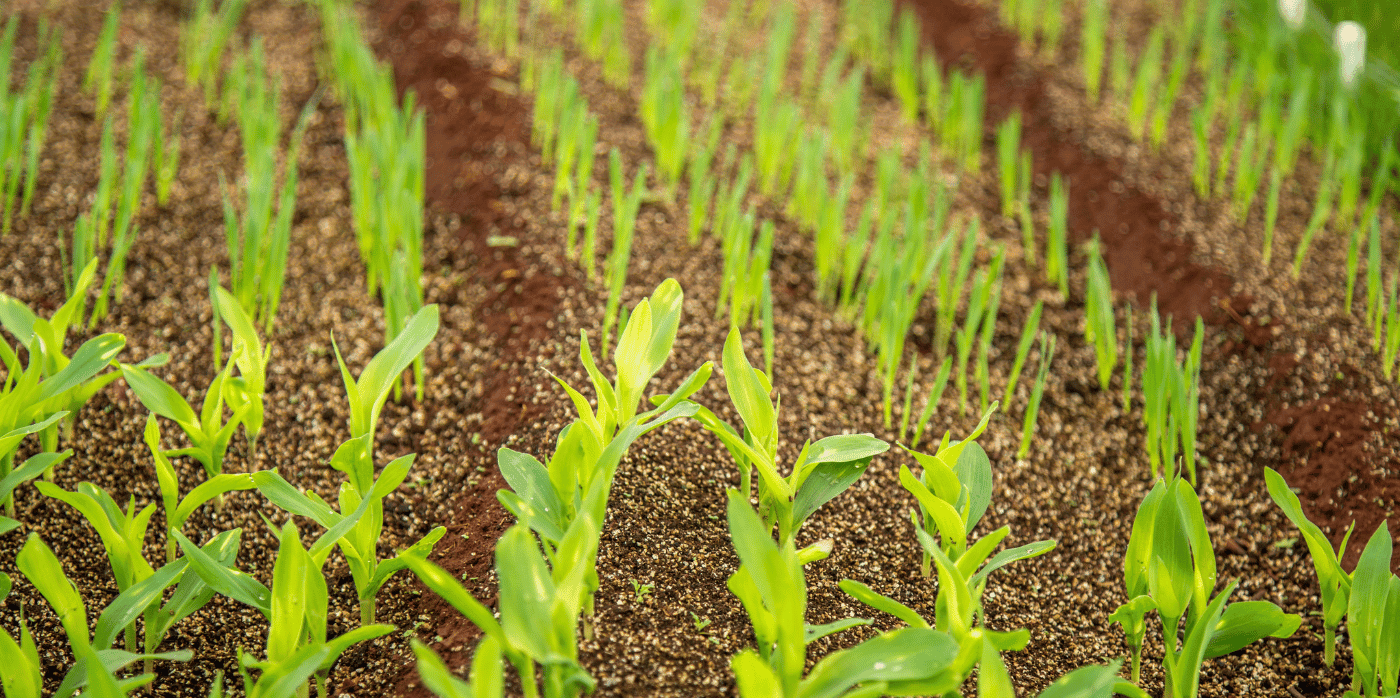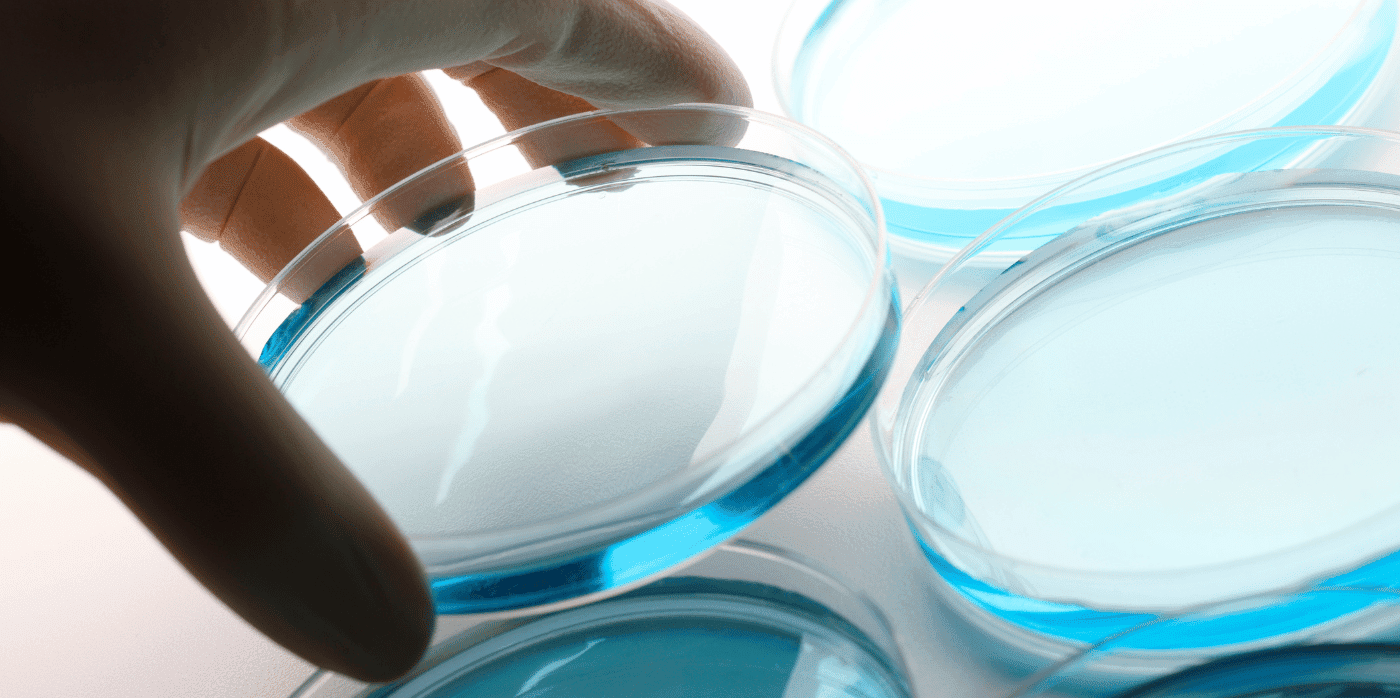A microbial cover crop for capturing and storing carbon and nitrogen

Spotted: Pesticides and fertilisers are widely used in food production. But while they can have important benefits, they are expensive, and their use creates numerous environmental problems impacting human health, biodiversity, and water and soil ecosystems. Now, startup Pluton Biosciences is identifying microbial solutions that could provide chemical-free crop protection and enhancement.
Pluton is working to identify novel microbes with commercial applications using its proprietary Micromining Innovation Engine. Pluton has already discovered multiple previously unknown bacteria that can protect against several agriculturally relevant plant pests, including the fall armyworm. The active anti-pest molecule has been isolated and is being developed into a natural pesticide.
The company is also developing a microbial cover crop that captures and sequesters carbon and nitrogen in the soil – providing soil enhancement as well as carbon sequestration. The company claims that applying the microbial spray at planting and harvest could scrub nearly two tonnes of carbon from the air per acre of farmland each year, while also replenishing nutrients in the soil.
Microbial solutions are not only good for crops and the environment, they are also a potentially valuable market, and investors agree. In 2021, Pluton raised $6.6 million (around €6 million) in a seed round and more recently it completed a series A round for $16.5 million (around €15.2 million).
Nature can be very effective at solving problems, a fact that has not escaped the notice of those searching for more sustainable ways to grow crops. In the archive, Springwise has spotted a number of innovations in this space, including a maggot-based fertiliser and nature-inspired insecticides that protect biodiversity.
Written By: Lisa Magloff



